Investigation by journalist Nellie Bly: 10 days in the most terrible mental hospital in the USA
Categories: Health and Medicine | History | North America
By Pictolic https://pictolic.com/article/investigation-by-journalist-nellie-bly-10-days-in-the-most-terrible-mental-hospital-in-the-usa.htmlIn 1887, journalist Nellie Bly did something incredible: she pretended to be crazy and spent 10 days in the worst mental hospital in the United States to investigate. The experience not only changed her life, but also shocked society. Find out what Bly saw behind the closed doors of the hospital and what horrors she uncovered in this bold and dangerous investigation.

American journalist Nellie Bly took a step that changed the way we think about investigative journalism. In the name of truth and the desire to expose the horrific realities of the psychiatric system, she pretended to be crazy and spent 10 days in one of the most notorious mental hospitals in the United States. This experience not only changed her life, but also shook public opinion. Let's dive into the details of this bold investigation, figuring out how Nellie managed to uncover the monstrous secrets of the hospital on Blackwell's Island.
Elizabeth Jane Cochran was born in the small town of Cochran's Mills, Pennsylvania. Her date of birth is disputed - it is either 1864 or 1867. Her childhood did not foreshadow grand events, but already in her youth Elizabeth showed an extraordinary character. Having moved with her family to Pittsburgh in 1880, she began her career in journalism almost by accident - she wrote an indignant letter to the local newspaper "Pittsburgh Dispatch" in response to an article discriminating against women. This act attracted the attention of the editor-in-chief, and in 1885 Cochran became a reporter.
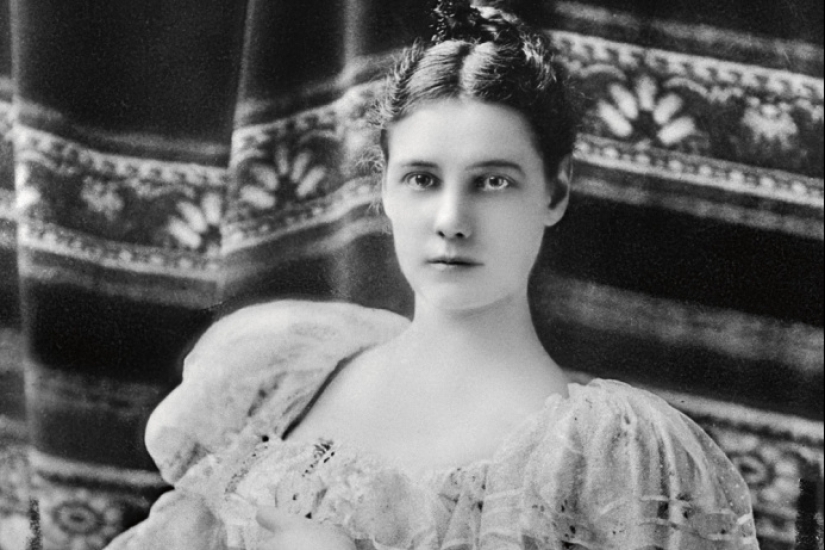
When Elizabeth Cochran became a journalist, she took the pen name Nellie Bly. It was the name of a popular song heroine at the time. Bly immediately threw herself into her work and quickly established herself as a talented journalist. She was interested in topics of social injustice, the situation of women and the lives of the poor, but the editors limited her interests, insisting that she write only on “women’s” topics. Nellie was not happy with this.
One day, having decided to try herself in more dangerous and serious topics, Nellie went to Mexico. Having spent six months there, the 21-year-old journalist collected materials about the life of the local population, which were later published as a separate book. But work at the Pittsburgh Dispatch did not bring satisfaction to the active girl. She wanted to write about the burning issues of the day, but she was limited.
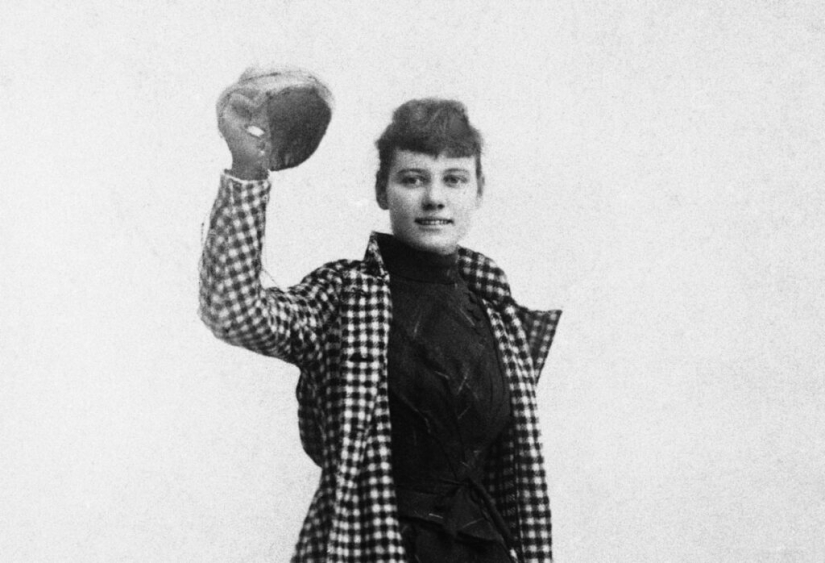
After moving to New York in 1886, Nellie spent four months looking for work without success. She was starving and desperately trying to find an opportunity to do what she really liked. Her determination eventually paid off: Bly got a job at the New York World, owned by the famous Joseph Pulitzer. It was with this man that her first major journalistic investigation is connected.
In September 1886, Pulitzer gave Nellie a dangerous assignment: to investigate the Blackwell's Island Asylum, a mental institution known for its horrific treatment of patients. Her task was to pretend to be insane, get into the hospital, and find out what was really going on behind its walls.
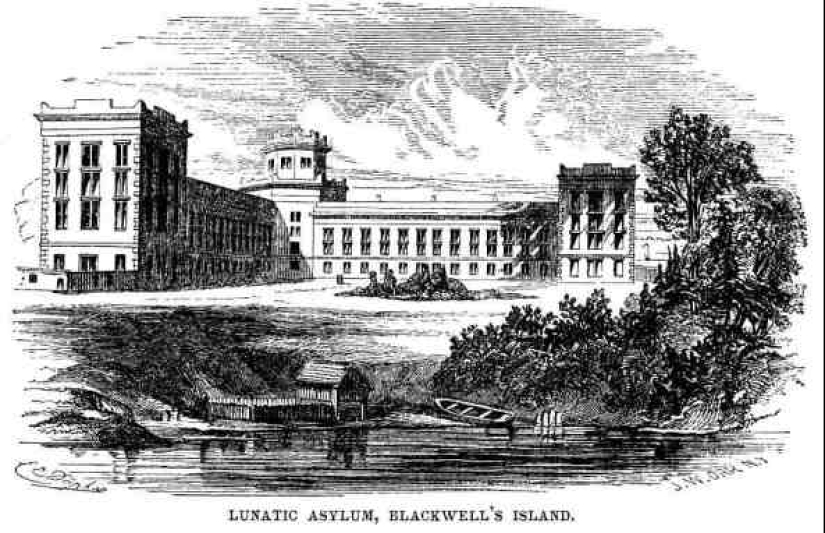
Nellie agreed to do this task and began to prepare. The journalist faced a difficult task. She had to deceive professionals so that they would believe in her madness. Exquisitely dressed and smiling, Bly began to work on her new image. She stopped taking care of herself, wore torn clothes and wandered the streets of New York with an absent look. But this was not enough. Then she found a shelter for women with low incomes and spent a day there, not engaging in conversations and frightening those around her with her strange behavior.
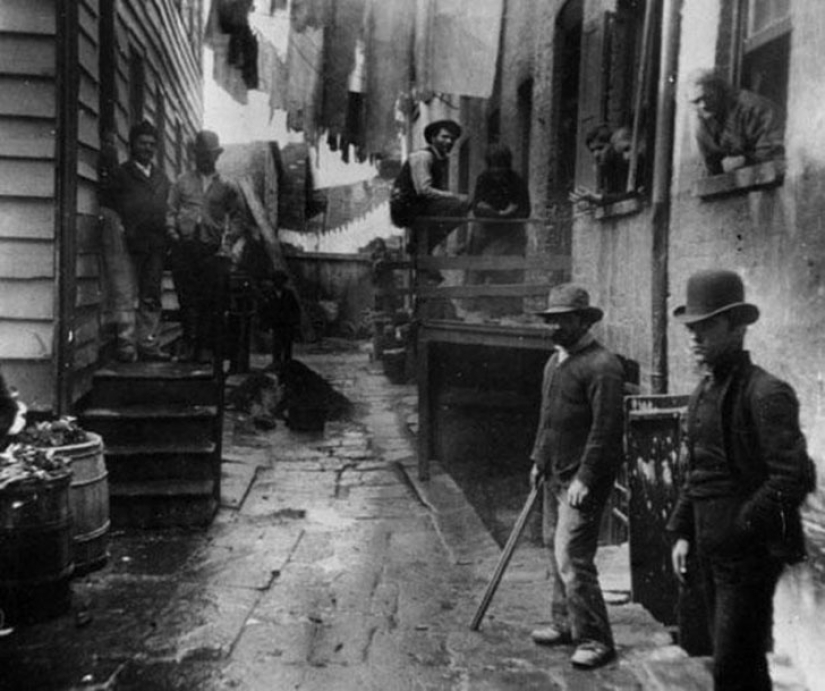
These efforts were enough to arouse suspicion. Nellie was arrested and sent to Bellevue Hospital for a medical examination. There, she was examined by a panel of five doctors. Four of them declared Bly insane, and one insisted that she was malingering. Despite the disagreement, they decided to place the woman in Blackwell Hospital, where Nellie was trying to get into.
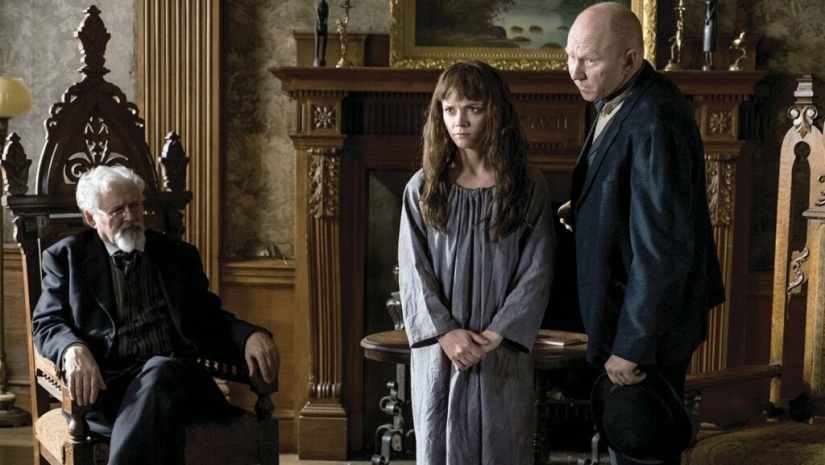
When Nellie Bly arrived, Blackwell Asylum was far from the hospital it had been designed to be. What was supposed to be a model of humane treatment for the mentally ill had quickly become a place of suffering and horror, a New York equivalent of London's Bedlam. Funding had been cut, the staff was recruited from among former prisoners, and the doctors were often unprofessional.
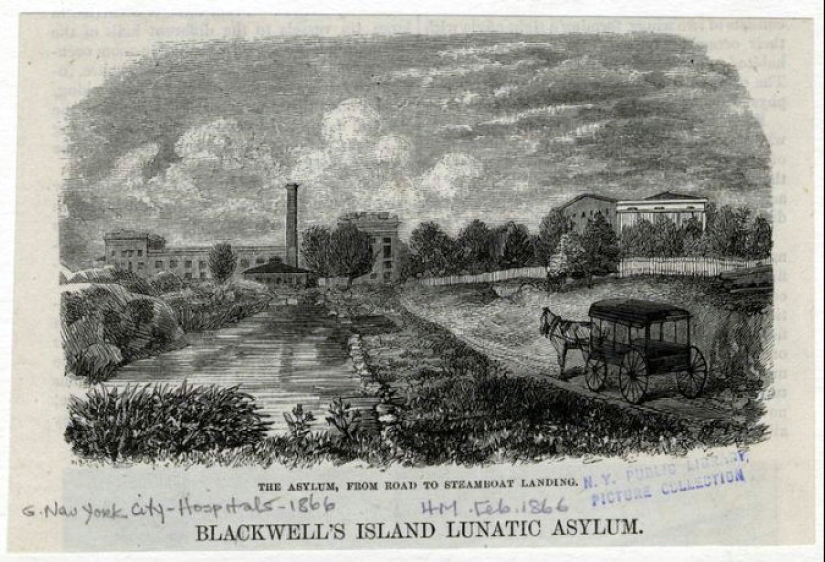
Nellie was immediately confronted with the cruelty of the orderlies and the disgusting conditions. She was plunged into dirty, icy water and forced to take a "medicinal bath" that nearly left her unconscious. Nellie Bly's first encounter with the hospital was terrifying and almost panic-inducing:
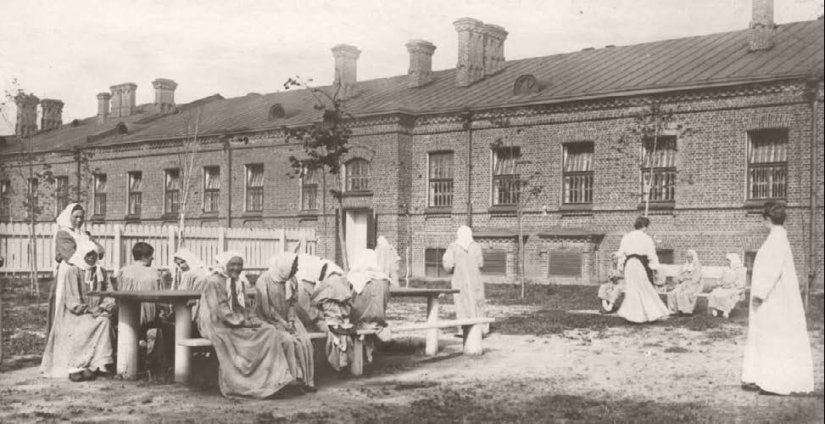
The patients lived in conditions that could be described as hellish: rats ran through the corridors, the bed linen was dirty, and the food was inedible. The women who were in the hospital were often mentally healthy, but were sent there because of the intrigues of relatives or the arbitrary actions of the authorities. There were also several foreign women in Blackwell's wards who did not know why they were locked up in a madhouse.
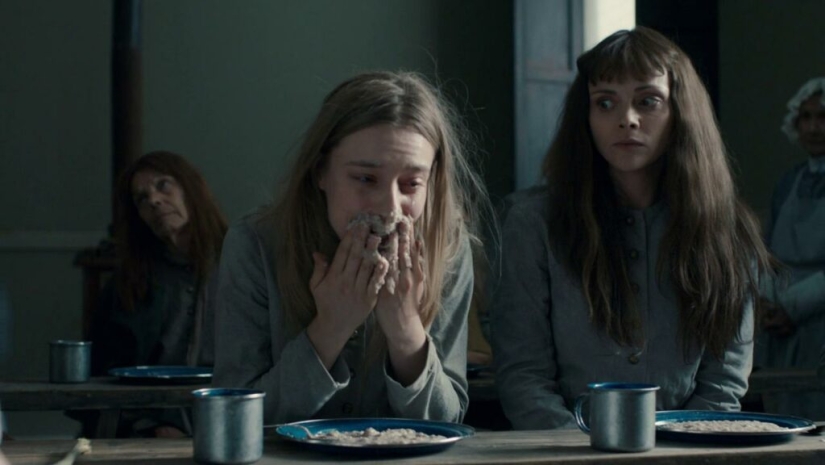
In Blackwell there was not only no hot water, but no clean water at all - a brown liquid with an unpleasant smell ran from the taps. Was it worth expecting that the hospital food would be up to par?
During her 10 days inside Blackwell, Nellie Bly watched as patients were stripped of all rights. They were denied treatment, forbidden to speak, humiliated, and beaten. The orderlies, who wielded enormous power, could brutalize patients with impunity. The hospital resembled a prison, and those inside quickly lost all hope.
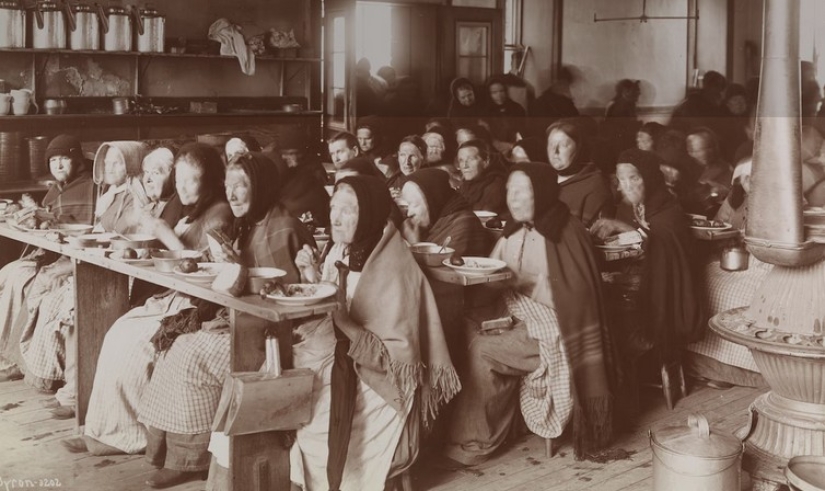
No news from the outside world reached the hospital. Nellie came to the conclusion that even a few months in such conditions could turn a healthy person into a real madman. She realized that getting into a mental hospital was easy, but getting out was almost impossible.
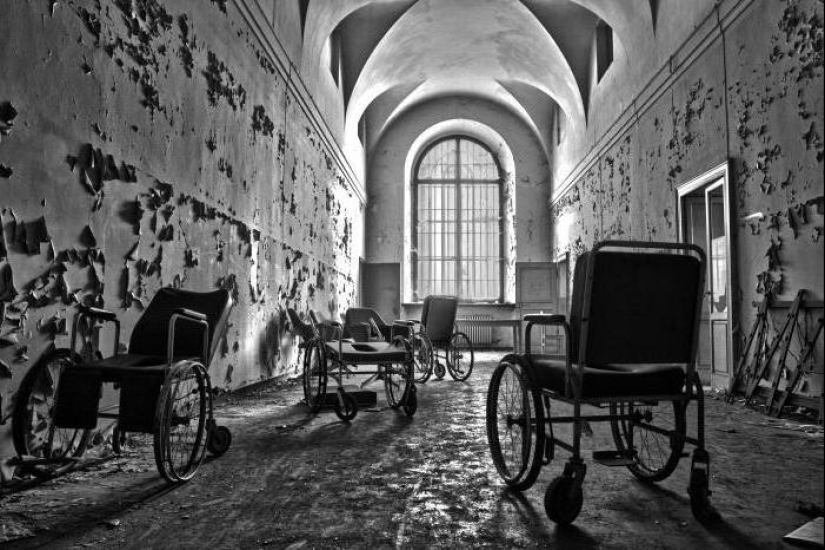
Of course, there was no treatment in the hospital. Patients sat in their rooms or wandered the hospital corridors around the clock. The orderlies forbade talking and could hit a patient without reason. Soon Bly was sure that a couple of months in such conditions would make a completely healthy person crazy.
Towards the end of the mission, Nellie Bly was almost exposed. In the corridor, she suddenly ran into a correspondent from another publication, whom she knew well. He was on assignment for his publication and writing an article about a certain mysterious patient. Nellie managed to talk to him unnoticed and ask him not to give her away.
Ten days later, as agreed, the New York World sent a lawyer to get Nellie Bly out of the hospital. Two days later, the newspaper published the first part of her article, which was called “Behind the Bars of the Insane Asylum.” The material caused a storm in society: the public was shocked by what was happening behind the walls of mental hospitals.
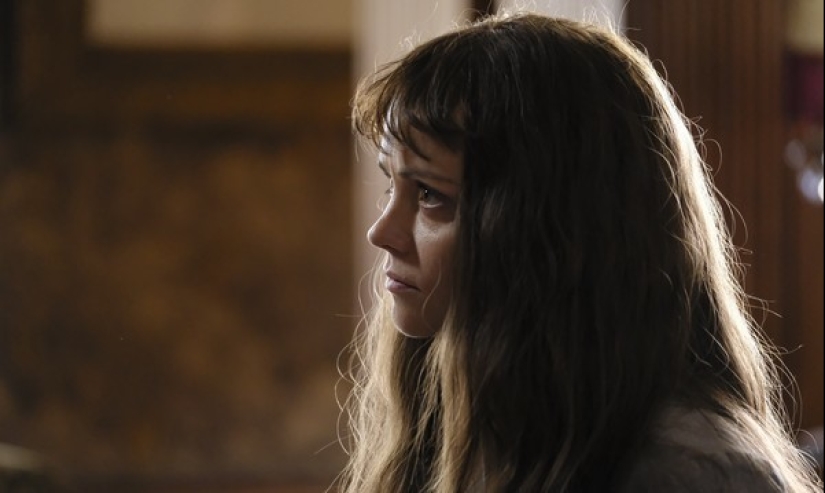
The response was immediate: New York authorities launched an inspection of the hospital, which led to improvements in conditions for patients. The investigation revealed serious abuses, and several people were prosecuted. The staff was replaced, and many prisoners were released, following the results of an independent commission.
Just a month after the article came out, Nellie Bly was back at Blackwell. This time, she was part of a city commission. Much had changed in that short time: the criminal staff had been fired, the premises had been tidied up, and the patients had been given hospital clothes and bedding.
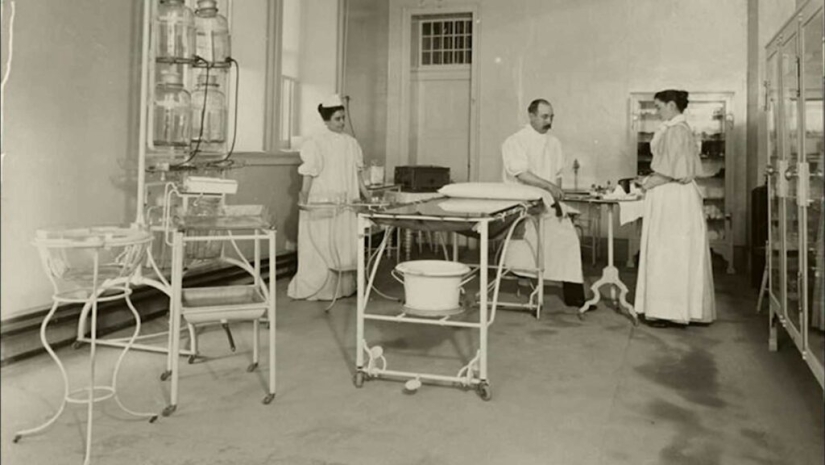
But most importantly, Bly did not find many patients whose presence in the hospital was questionable. They were examined by an independent council and healthy people were released. It can be said that Nellie Bly's mission was accomplished one hundred percent.
This investigation made Nellie Bly famous throughout America. It was the first journalistic investigation in history conducted by a woman and set a new standard in journalism. The brave woman was pleased with her work, but she was not interested in fame and fees:
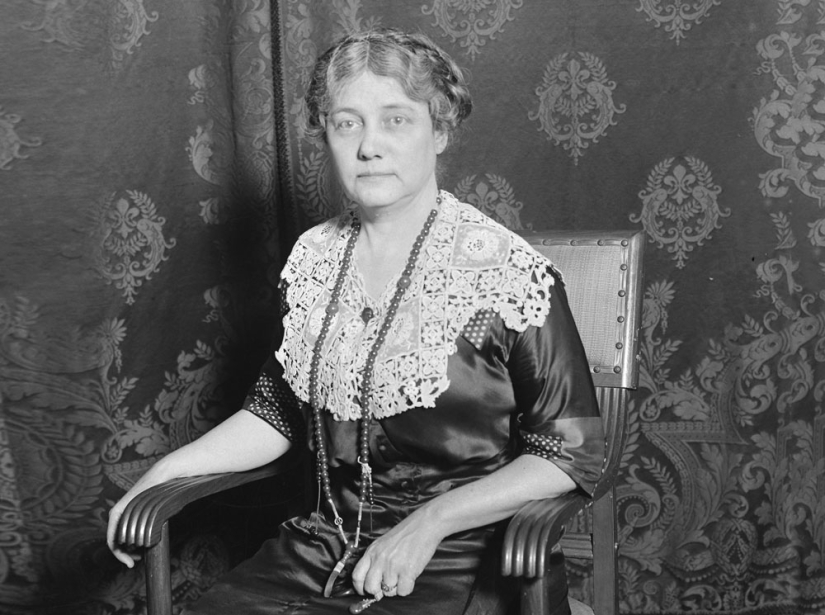
Bly continued her career, repeatedly enduring dangers to uncover the truth. Her next big adventure was a round-the-world trip, which she undertook on a bet with the writer Jules Verne. She managed to beat the literary hero Phileas Fogg's record and circumnavigate the planet in 72 days instead of 80.
The story of Nellie Bly is not only a bold journalistic investigation, but also a lesson in how one decision can change the fates of thousands of people. How important do you think such bold steps are for society? Share your thoughts in the comments!
Recent articles

It's high time to admit that this whole hipster idea has gone too far. The concept has become so popular that even restaurants have ...

There is a perception that people only use 10% of their brain potential. But the heroes of our review, apparently, found a way to ...

New Year's is a time to surprise and delight loved ones not only with gifts but also with a unique presentation of the holiday ...